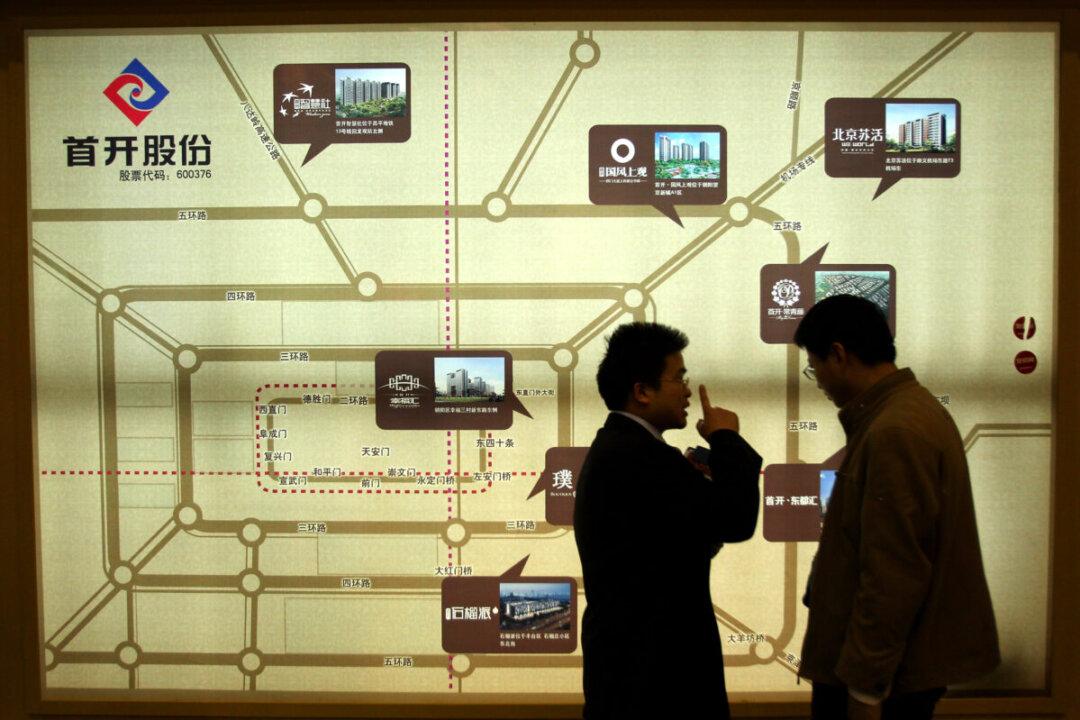News Analysis
Banks in many places in China have reportedly introduced“heart-to-heart loans” that encourage unmarried couples to apply for home loans before they are married; and “centenary loans” that allow children to inherit their parents’ loan and extend the repayment period to 100 years. Experts believe that such relaxation of loan repayment time limits and borrower conditions could be intended to relieve the pressure of high housing prices that has undermined the country’s real estate market.





